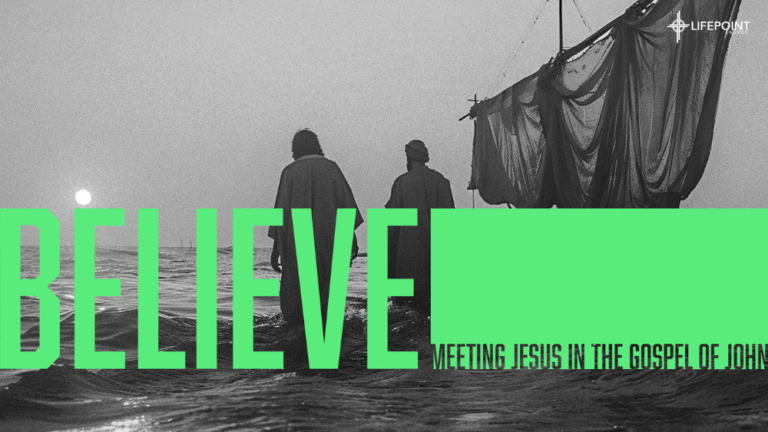John 6:1–21 · Trust the Son who does what only God can do.
Big Idea: Jesus does what only God can do—so trust His power and His love.
Jesus and the Crowd
Thousands followed Jesus because of the signs He performed on the sick (John 6:2). He didn’t push them away—He had compassion, taught them, and fed them. With five barley loaves and two fish from a boy’s lunch, He provided more than enough for everyone, with twelve baskets left over (John 6:11–13). The crowd sensed something true: “This is indeed the Prophet who is to come into the world” (John 6:14; cf. Deut. 18:15).
But when they tried to make Him king by force, Jesus withdrew to pray (John 6:15). He refuses shortcuts to power. For Jesus, the cross comes before the crown.
Jesus and the Disciples
- A test of faith. “Where are we to buy bread…?” Jesus asked Philip—He already knew what He would do (John 6:5–6). Philip saw the math problem; Jesus saw the ministry moment.
- A small offering in big hands. Andrew found a boy with five loaves and two fish—“but what are they for so many?” (John 6:9). In Jesus’ hands, meager resources became a feast.
- Power over creation. Later, in rough waters, Jesus came to them walking on the sea. “It is I; do not be afraid” (John 6:20). When they received Him into the boat, they reached the shore at once (John 6:21). He rules what frightens us.
Moses Echoes—On Purpose
John sets this scene at Passover (John 6:4) and shows Jesus on a mountain teaching multitudes, providing bread in the wilderness, and walking over the waters. These are deliberate echoes of Moses and the Exodus. The point is unmistakable: Jesus is the promised Prophet like Moses—and more (see John 5:39, 46).
From “In It for Me” to “In It for Him”
The crowd wanted a king who met their demands—what I want, when I want, how I want. A disciple learns to say, “What Jesus wants, when He wants, how He wants.” That shift shows up in three ordinary places:
- Crowds: People seeking Jesus aren’t obstacles—they’re the mission. Share space, time, and good news.
- Bread: Put your “five loaves and two fish” in His hands—your time, gifts, and finances. He multiplies what we surrender.
- Boats: Step out of comfort and fear. Receive Jesus into the storm you’re in. Trust His word more than the waves (John 6:20–21).
For Reflection
- Where am I tempted to make Jesus serve my plans instead of submitting to His?
- What “loaves and fish” could I place in His hands this week?
- Which “boat” of comfort or control is He calling me to leave?
This Week
- Read John 6:1–21 slowly. Thank Jesus for one specific way He’s provided for you.
- Identify one person “in the crowd” you can serve or invite to church.
- Pray: “Jesus, You do what only God can do. I receive You into my boat. Help me trust Your power and Your love.”
Next Steps
- ✝️ Start or restart a relationship with Jesus: lifepointmv.com/next-steps
- 💧 Interested in baptism? Let us know here
- 🤝 Join a Lifegroup: lifepointmv.com/lifegroup
- 🎥 Watch the message: lifepointmv.com/resources
- 💳 Give online: lifepointmv.com/give

